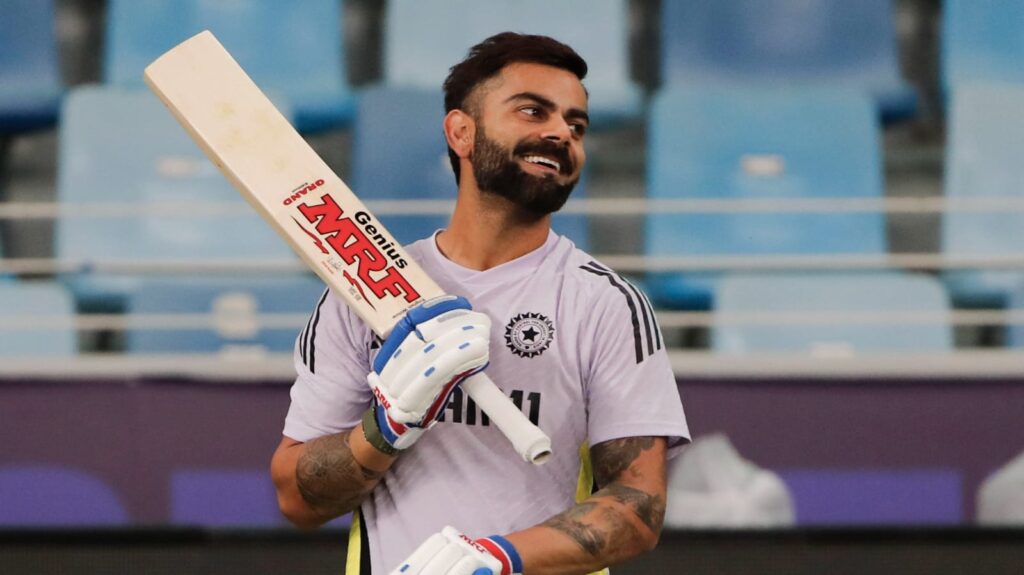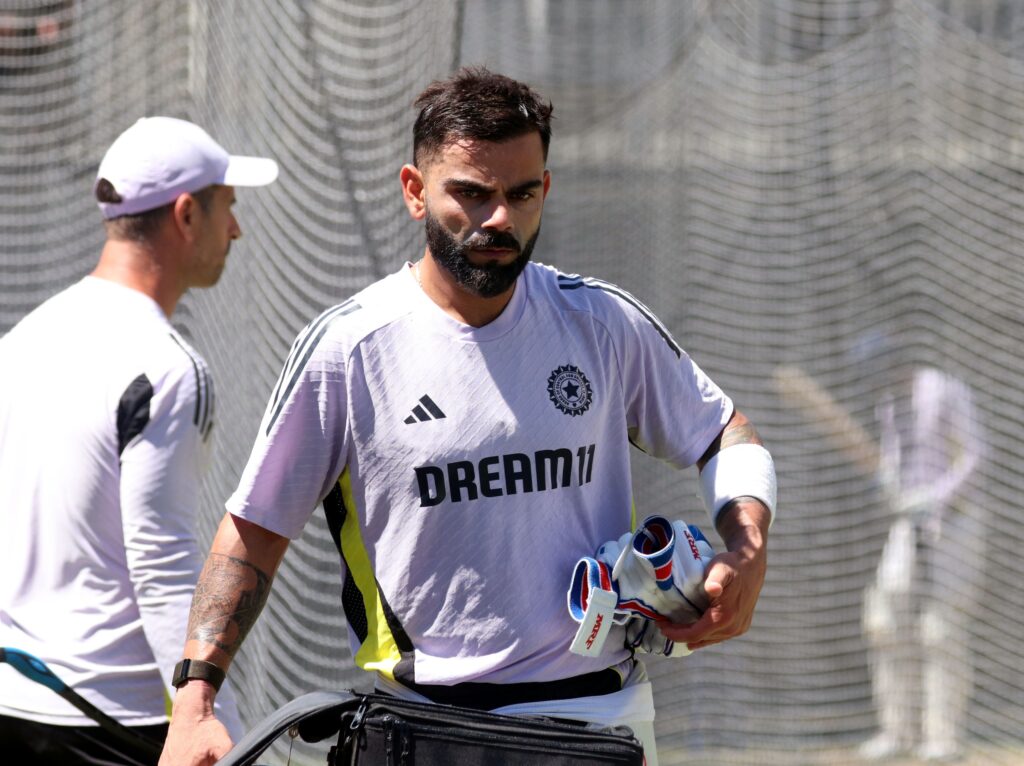
As India gears up for a gruelling five-match Test series against England starting 20 June, the cricketing world is abuzz with reports surrounding Virat Kohli’s potential retirement from the longest format of the game. While Kohli has already informed the BCCI about his intention to call it quits from Test cricket, his decision, unless there is a U-turn, could deal a crippling blow to India’s aspirations in the 2025 to 2027 World Test Championship (WTC) cycle. With Rohit Sharma and Ravichandran Ashwin already stepping away from Tests, Kohli’s potential exit will lead India into a full-fledged transition at a critical juncture.
Kohli’s Test record speaks for itself: 9,230 runs in 123 matches at an average of 46.85, with 30 centuries and 31 half-centuries. His ability to anchor innings and deliver match-defining knocks has been a cornerstone of India’s Test success. Nowhere was this more evident than in England in 2018, when he amassed 593 runs, including two centuries. English conditions, known for swing and seam friendly surfaces, demand technical precision and mental fortitude, qualities Kohli has displayed in abundance, scoring 1,096 runs in 17 Tests there at an average of 33.21.
Without Kohli at number four, India’s middle order faces a daunting challenge. The 2024 home series against England, where Kohli was absent, exposed frailties in this position, with KL Rahul and Rajat Patidar struggling to fill the void. With Rohit retired, the batting line up now hinges on young talents like Shubman Gill, Yashasvi Jaiswal, and Rishabh Pant. While promising, these players lack extensive experience in England’s testing conditions, where the hosts’ emerging pacers could exploit their inexperience. Kohli’s absence risks leaving India’s batting dangerously thin against a volatile, yet menacing England side.

Kohli’s impact goes beyond his batting. His aggressive mindset and unrelenting intensity galvanised the team, making India a force on overseas tours. Even after stepping down as captain, Kohli remained a guiding figure, mentoring younger players and setting the tone with his work ethic. With Shubman Gill set to take over as captain, Kohli’s experience would be invaluable in navigating a young squad through the pressures of a high-stakes series in England. The retirements of Rohit and Ashwin have already created a void, and losing Kohli’s on-field presence and off-field influence could destabilise the squad as it embarks on a new WTC cycle.
India’s recent Test outings underscore Kohli’s importance. The three to one defeat in Australia in 2024 and 2025 and a shock home series loss to New Zealand exposed batting vulnerabilities, with collapses highlighting the need for a seasoned campaigner like Kohli. While his own form has dipped, averaging 23.75 in Australia and 22.47 in his last ten Tests, his gritty century in Perth showed he can still deliver in challenging conditions. His technical struggles, particularly against deliveries outside off stump, are a concern, but his white ball exploits (505 runs in IPL 2025, 218 in Champions Trophy 2025) prove he remains a class act.
In England, where Kohli has a proven track record, his absence could be particularly costly. With the 2025 series marking the start of the WTC, India cannot afford to field an undercooked batting unit against a Bazball charged England, who will be eager to assert dominance at home.
As India navigates a transitional phase, losing Kohli along with Rohit Sharma could tip the scales in England’s favour, jeopardising hopes of a strong start to the WTC. For now, fans and selectors alike hope the “King” reconsiders, ensuring India’s Test ship sails steady through the stormy English summer. However, the U-turn looks unlikely.
The BCCI will doubtless try to get him to change his mind, especially with #RohitSharma also having just retired, but there’s every chance that Sydney last January may have been our last sighting of #ViratKohli the Test batter.
✍️ @BoriaMajumdar https://t.co/gEUpPjtW6J
— RevSportz Global (@RevSportzGlobal) May 11, 2025



